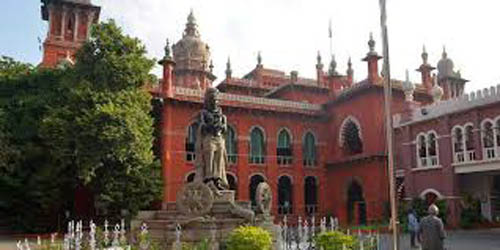NE LEGAL BUREAU
CHENNAI, JULY 24
The Madras High Court has imposed a cost of Rs 25,000 on top officials of the State Transport Corporation in Salem for suppressing material fact and evidence before a lower court and thereby dragging a workman to litigate for over 20 years.
The court was dismissing a writ petition from the management of the Corporation seeking to quash a September 2019 order of the Inspector of Labour, the authority under the Tamil Nadu Industrial Establishments (Conferment of Permanent Status to Workmen) Act, 1981, holding that the workman C Gunasekaran should be given permanent status.
“Since the employee has been made to litigate for decades together, a cost of Rs 25,000 is imposed on the management, which shall be paid to the Ghoshala, namely, Sri Vittal Rukmini Samsthan, Dakshina Pandaripuram, Govindapuram in Kumbakonam, within a month,” Justice S Vaidyanathan said in his recent order.
Admittedly, the management did not produce any document in support of its contention and withheld the evidence in its possession, which forced the Labour Inspector to rightly draw adverse inference against the management and granted the relief to the workman, the judge pointed out.
No purpose would be served in permitting the management now to produce the documents before this court and remand the matter, after a lapse of two decades for scrutiny of records, which will make the entire provisions of the Act, being a social welfare legislation, redundant and superfluous.
“In the considered opinion of this court, the relief sought for by the management cannot be granted and is to be negated in limine,” the judge said.
He also made it clear that in case permanent status is not conferred on the workman within four months, as he is deemed to have attained the status on completion of 480 days in a period of 24 calendar months, he is entitled to file a complaint under the provisions of the Act for prosecuting the officials of the management.
The government shall also sanction prosecution so that the officials can be punished by the criminal court concerned and the issue can be brought to a logical end, the court ruled.












